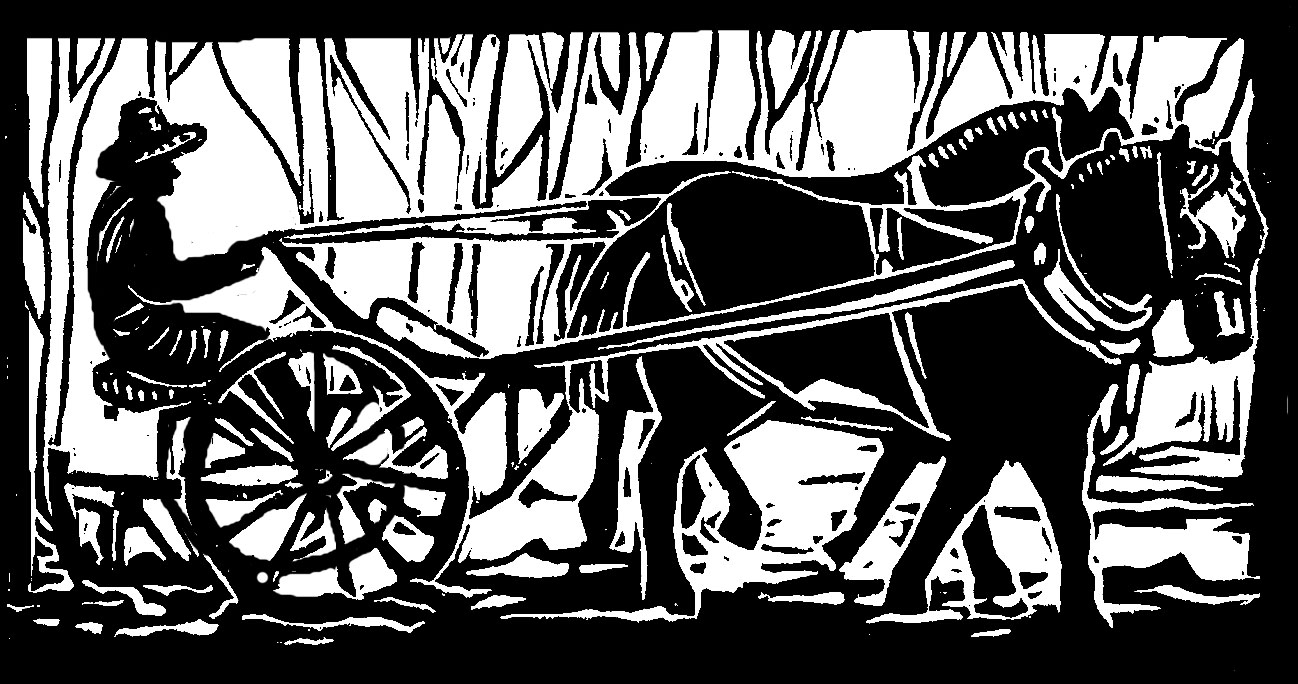My fellow farmer had a great idea this year for our poor cucurbits, which are always getting chewed on by the zippy little cucumber beetles, and the big hungry squash bugs.
Usually we protect the plants with hoops and floating row cover until they’re big enough to withstand the bug pressure. Once the plants are flowering, we remove the cover, so the pollinators can get busy, feeding themselves, and helping feed us.
This year, we invested in some bug netting, primarily because the row cover is effective but not durable, and we hate ripping it and we hate throwing it away. The new bug netting is more heavy duty, and saves us some work. Instead of covering each bed of plants individually, we attached the netting to the open sides and doors of the greenhouse.
Well, our cuke, zuke, and summer squish plants never looked better: vibrant green, chest high, and completely unbitten. Our bug netting was working great!
Except for one tiny detail. The bug netting keeps out the chompers, but it also keeps out the pollinators. Oh, we knew this, and over the winter, we had talked about getting a hive of bumblebees to release in the greenhouse as pollinators, which is a common practice. But somehow, in the unceasing rush of spring work, this little detail fell straight out of our minds.
But we sure did remember it when our plants produced beautiful flowers, but not much in the way of fruit, most of which was rotting, tiny, or deformed, not exactly ideal characteristics for produce.
My fellow quickly ordered a hive of bumblebees, but, alas, a hive of bumblebees does not arrive overnight. The bumblebee company needs at least a week, and if you miss the Wednesday noon ordering deadline that you didn’t know about by say, two hours, you will need even longer.
Thus our great idea turned into a sweltering hot, miserable period of hand pollinating, made more miserable by our giant plants and tight spacing in the greenhouse. To be truthful, it started out kind of fun – we had never hand pollinated before, and it is a fascinating process. First we identified and snapped off the male flower, and then rubbed the pollen onto a female flower. The flowers are beautiful! We are helping grow great cukes, zukes, and squish!
But wow, is it hot in the greenhouse. And wow, it takes a long time to hand pollinate three hundred-foot rows of squash. (We didn’t even bother with the cukes, as they seemed to be doing all right, perhaps being pollinated by some other nice little bugs.)
Plus we were supposed to hand pollinate every day, and we couldn’t find the time, so every other day we would tackle the squash, and sweat, and whimper, and long for bumblebees. Oh, how we longed. Either that, or we longed for the days before the great idea of bug netting.
“We could just take the netting down,” suggested my red-faced fellow, and then looked sad. “But our plants look so beautiful. Maybe the bees will get here soon? Can we wait just a few more days?”
“Uhhh,” I groaned, stooped over a squash flower. But we waited, and finally a cardboard box of buzz arrived, and we opened the box up in the greenhouse.
In a few minutes a brave bumble emerged. And then another, and another. We cheered the bumbles on, and left them alone to acclimate.
The next morning, I was out early clipping the giant weeds out of the giant squash, and there was nary a bumble or a buzz. Oh, shucks. What had we done wrong? Did the bumbles (the $200 worth of bumbles, I might add) not like the accommodations? Had they all absconded, or died?
Downcast, I kept weeding and listening, and at last, once the sun hit the greenhouse, I heard that sweet buzzing sound. A bumble on the cukes! And then a bumble on the nasturtiums! And finally on the squash! Oh bumbles, we love you!
Originally published in The Monadnock Shopper News, July 27 -- Aug 2, 2022
